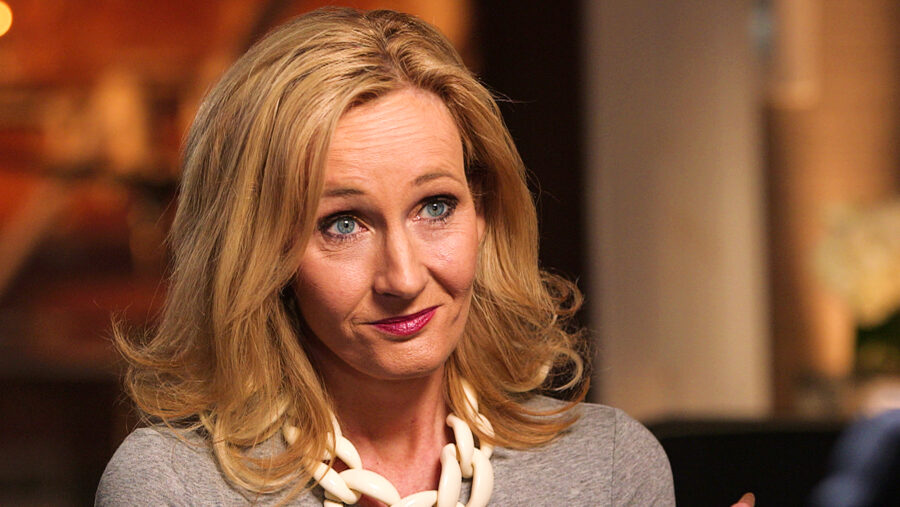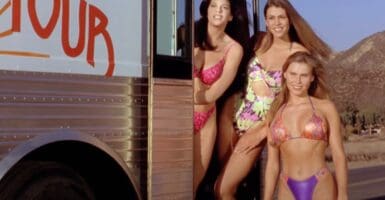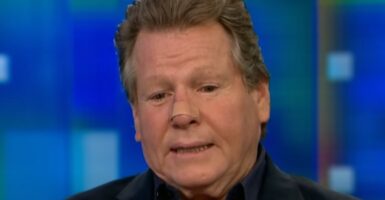JK Rowling Backtracks On Gender Comments, Starts New Controversy
Decades ago, JK Rowling made headlines for her Harry Potter novels. These days, the author makes headlines for controversies.
This article is more than 2 years old

Decades ago, JK Rowling made headlines for her Harry Potter novels. These days, the author makes headlines for controversies. She doesn’t appear to be shying away from that. When she sees her name in the headlines, she will often speak up on Twitter to share her thoughts on what was said. Today, the author has spotted one that she feels misquotes her. The headline came from Rasmussen Reports where they said that a poll had been done and most Americans agree with JK Rowling, “there are only two genders”. However, the author is now clarifying that isn’t what she believes at all. In fact, she says that there are many gender identities, trans lives matter, and that people are misunderstanding what she has said in the past about gender, sex, and rights that she claims should be sex-based, not gender-based.
In her latest posts, JK Rowling says that she doesn’t believe sex and gender are the same things. She draws a line between being born female or male, and how she claims that is biological and separate from a gender identity, of which she says there are many. She says that she doesn’t want laws to be based on gender, but to be based on sex. She clarifies her points in the tweets below.
In her tweets, she links back to a blog post she wrote in the summer of 2020 and published on her website. The post is long. It goes into detail about five different points on why JK Rowling cares about gender identities, her political interests in the matter, and why she chooses to speak up on this issue. In the post, she claimed that she was interested in gender and sex both because she writes characters who would care about those things and because she runs and donates to charitable organizations concerned with the welfare of women and children. She has claimed that this has driven her to research more about sex and gender and that this research has led to her political interests in making sure that laws are sex-based and not gender-based.
The post talks a lot about the term TERF, which stands for Trans-Exclusionary Radical Feminist. In her post, JK Rowling associates the term with slurs. She does not appear to self-identify as a TERF, a term that many have called her. She wrote that when she has tweeted about transgender issues in the past, she’s gotten replies from people “assuming a right to police my speech, accuse me of hatred, call me misogynistic slurs and, above all – as every woman involved in this debate will know – TERF.”
This has put JK Rowling in a strange situation. She doesn’t seem to want to be called a TERF, but people who do have called her one in a way they appear to mean in a way they see as complimentary. A big recent example of this was comedian Dave Chappelle. He brought JK Rowling up in his Netflix comedy special, The Closer. He called her a TERF and said that he was “team TERF”. This is another example of a time where JK Rowling has said one thing–that TERF is not how she idenitifies–and the public interpretation has been the complete other direction.
The debate around JK Rowling’s comments continues. While she is still a major figure, it is appearing to have an impact on her career. HBO Max is about to release a Harry Potter special called Return to Hogwarts. The stars involved have all been invited for a 20- year reunion. JK Rowling is notably absent. Meanwhile, advertising for the Fantastic Beasts films have minimized mention of her name. It’s unclear where she and the Harry Potter franchise go from here, but it does seem that she will continue to speak up via her Twitter to share her views.












